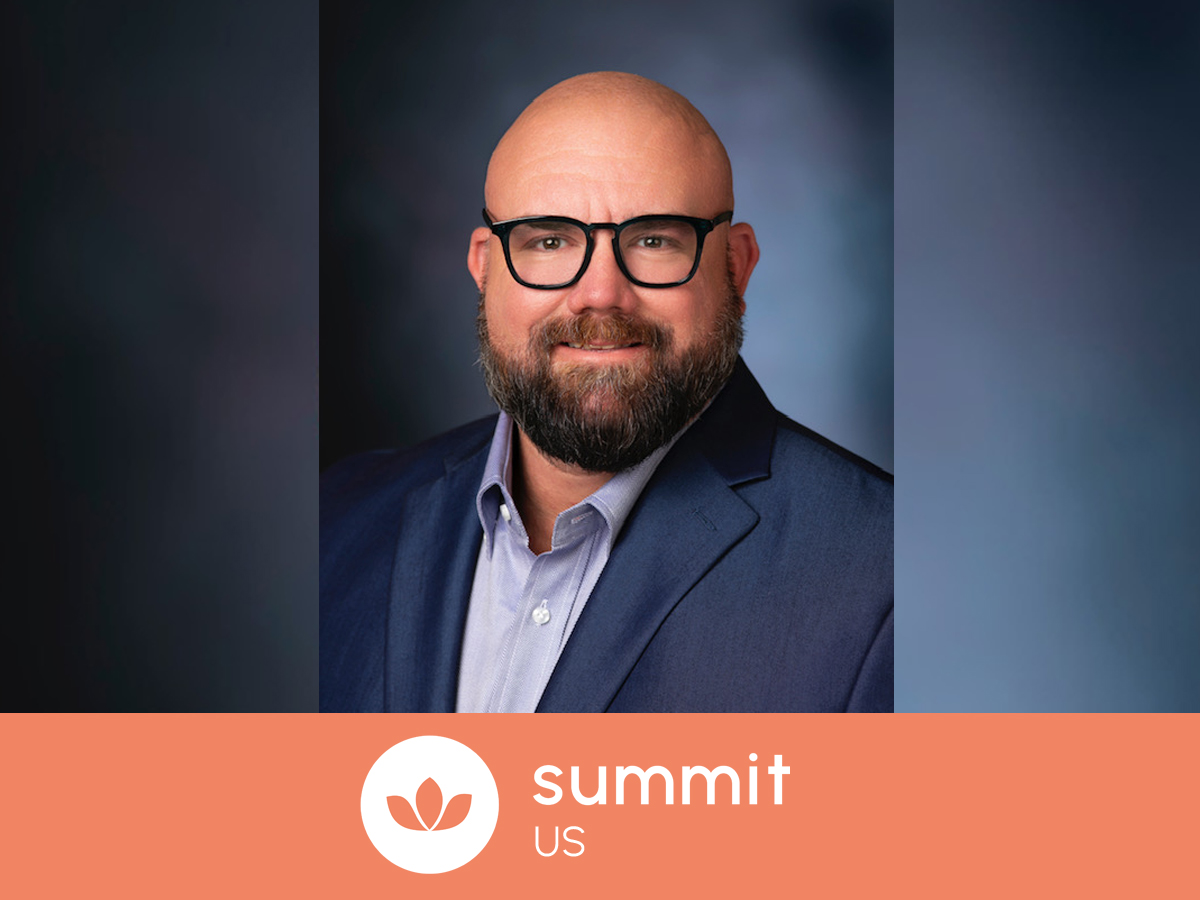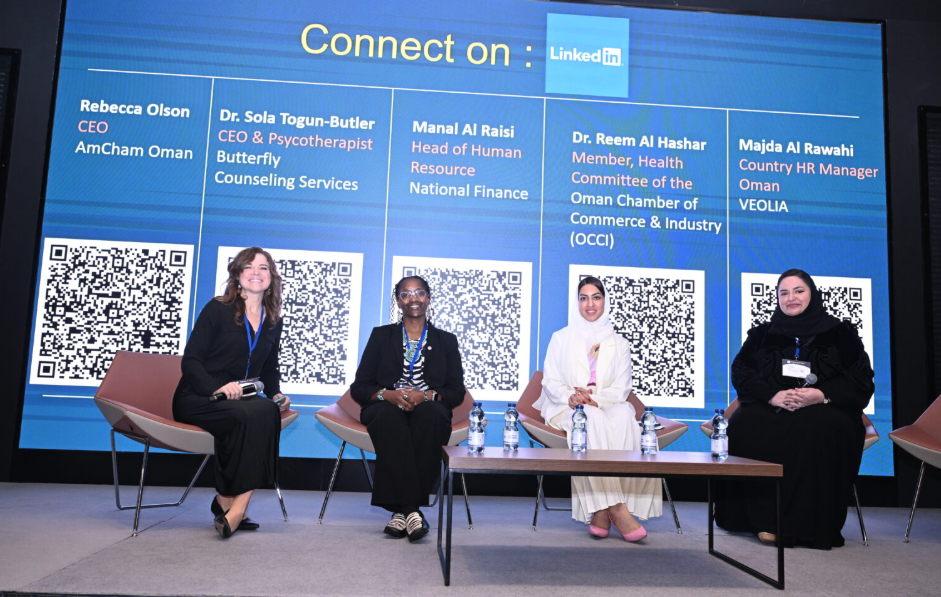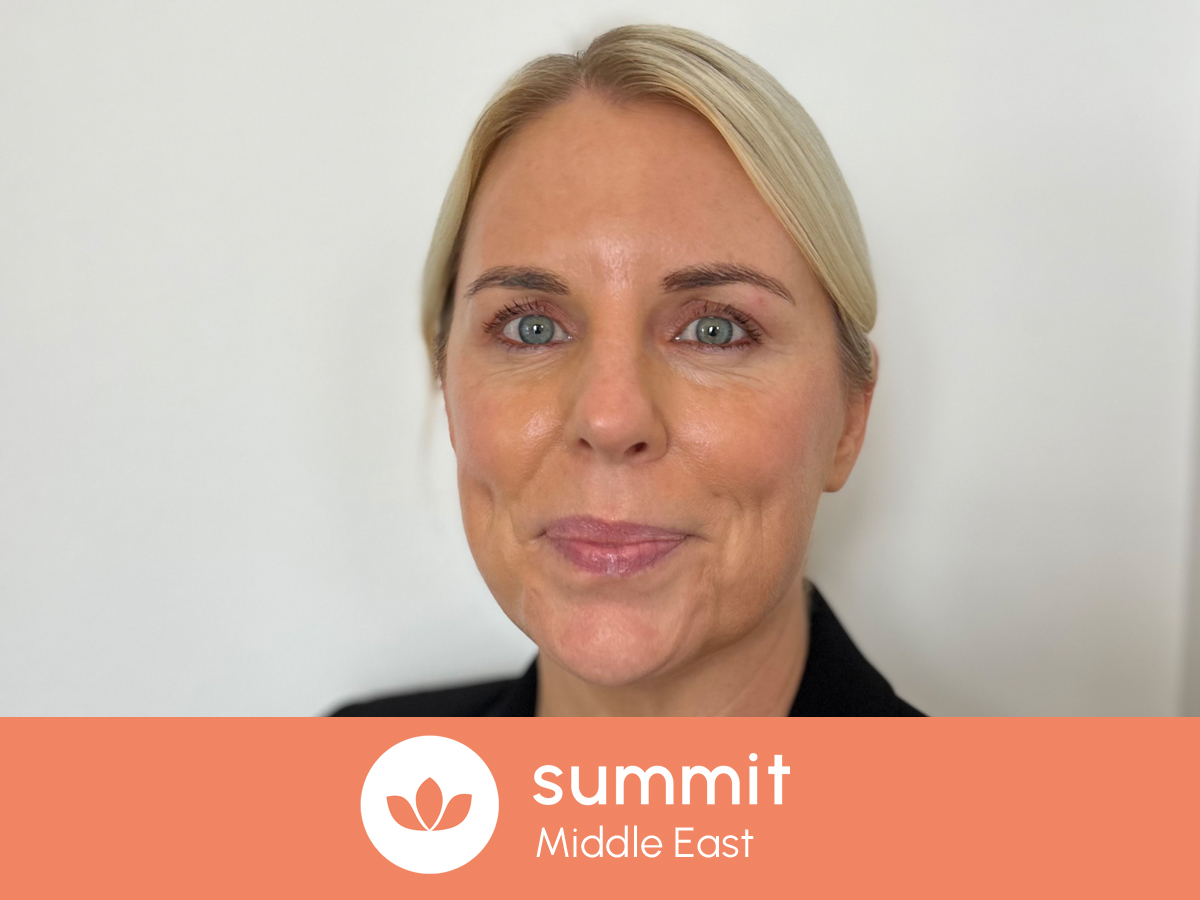
Amusing though it is to those who know him, Sarat was once set to become a brain surgeon. Then he found computers – and discovered his true passion. After moving from India to the UK to study software engineering, he worked as a developer for several years before setting up his own company, hedgehog lab, with fellow developer Mark Forster. hedgehog lab is a global digital product consultancy on a mission to digitally craft a better world. The business, which has raised £6.3m of investment from Private Equity investors, was ranked #9 in GP Bullhound Fastest Growing Northern Tech businesses and in the Inc 5000 list of fastest-growing European businesses.
We are delighted that Sarat will be speaking in Manchester as part of our UK Summit. We caught up with him to find out how he’s feeling in the runup to the event.
Hi Sarat, we are thrilled that you will be speaking at the Wellbeing at Work UK Summit in September. Our first and most important question is, how are you doing today?
Honestly? A little tired, slightly over-caffeinated, but feeling grateful. Life’s full on right now. I’m leading a consultancy, trying to be present as a dad, and figuring out how to eat better than a teenager with a Deliveroo habit. But I’m well. And doing the work, both on myself and for my team.
As a leader based in the region, what are the main challenges you are facing when it comes to employee wellbeing and mental health?
The biggest challenge is the paradox of flexibility. We’ve built a world where people can work from anywhere, but connection has become harder. People are lonelier, more burnt out, and often feel like they’re expected to be “on” all the time. The hybrid model works, but it needs intentional culture. Otherwise, wellbeing becomes just another HR initiative instead of something lived daily.
What strategies have you seen developing over the past 6 months, both internally and externally, that are moving the dial on wellbeing in the workplace?
We’re seeing a shift from perks to purpose. It’s less about free yoga and more about psychological safety, boundaries, and belonging. I’m also seeing more honest leadership. People are admitting when they’re struggling, which creates permission for others to do the same. At our company, we’ve started rethinking what ‘performance’ means. It turns out it has less to do with output and more to do with energy, clarity, and support.
Why is employee wellbeing so important to you personally?
Because I’ve got it wrong in the past. I’ve burned out, bottled things up, and believed that pushing through was a badge of honour. It’s not. The hard truth is that wellbeing isn’t separate from performance — it is performance. And now, as a dad, I want my kids to grow up seeing that ambition and self-care don’t have to be at odds.
What impact is AI having in your organisation and how are you managing that?
We’re a tech consultancy, so AI’s not just on our radar. It’s in our toolkit. But with it comes anxiety around job security, skill gaps, and ethical dilemmas. We’ve taken the approach of co-pilot, not replacement. It’s about augmenting people, not replacing them. We’re doing a lot of work to make AI less intimidating and more empowering through learning, open conversations, and space for healthy scepticism.
Other than AI, are there any challenges that you are seeing for the first time and how are you addressing them?
Yes. Emotional overwhelm. People aren’t just dealing with work stress anymore. They’re processing climate anxiety, political uncertainty, financial pressures — all in the same mental inbox. We’re starting to talk more openly about emotional regulation and working with coaches and therapists to support our team in building resilience without resorting to toxic positivity.
What areas do you think employers should be focused on over the next 12 months?
Three things. Emotional literacy. Leadership training that includes the human stuff, not just KPIs. And redesigning the week around energy, not hours. We need to stop pretending that people can do deep work after 16 back-to-back meetings. The next wave of performance is about rhythm, not hustle.
Do you feel that investment in employee wellbeing in the region is increasing or decreasing and is that a direct reflection on HR leaders’ increasing ability to demonstrate effective returns of their strategies to leadership?
It’s increasing, but cautiously. The challenge isn’t whether wellbeing matters. We’re past that point. The real question is whether we know how to measure it. The HR leaders I know are getting more sophisticated with data, linking engagement, retention, and performance to wellbeing metrics. That’s what gets the C-suite listening. But we still need to make the case with both heart and spreadsheets.
How has your organisation been leading the way?
We’re not perfect, but we’re intentional. We’ve embedded intentionality into how we lead. We’ve normalised vulnerability, even when it’s uncomfortable. And we’ve redefined success beyond just revenue. One of our proudest moments this year was when someone said, “This is the first company where I’ve felt like I could bring my whole self to work.” That’s the bar.
Sarat will be speaking in Manchester at the Wellbeing at Work Summit UK.
Our London Summit takes place on 23rd September. Visit our London webpage for further details and to book your tickets.
Our Manchester Summit takes place on 25th September. To find out more about our Manchester Summit and book your tickets please visit our Mancherster webpage.



